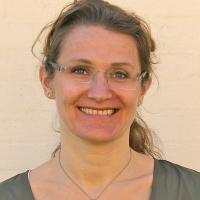How to be a ‘responsible member of international society’ in an illiberal world
The rapidly unfolding crisis of the liberal world order is upsetting to states such as Denmark, Norway and Canada. As small states and middle powers they have traditionally relied on multilateralism and a rule-based order as a way of augmenting both their security and their influence.
At the current juncture, however, the durability of this foreign policy strategy is questioned. As the US is resigning from its global leadership role and China rises to fill the vacuum left behind, the institutions and values that have governed the post-1945 world order can no longer be taken for granted.
Where does this leave Canada, Norway and Denmark? Do they have a role to play in safeguarding the liberal world order and possibly ‘making liberal internationalism great again’? To explore these questions, DIIS Senior Researcher Louise Riis Andersen participated in a public roundtable at the Centre for International Policy Studies in Ottawa, Canada.
The roundtable followed a two-day workshop funded by the Social Sciences and Humanities Research Council of Canada with the aim of investigating the future of liberal internationalism in an increasingly illiberal world: What are the main geopolitical challenges to promoting liberal values? To what extent are the foreign policies of Canada, Norway and Denmark still informed by liberal values? And what—if any—are the new opportunities and avenues for such policies?
Bringing together scholars from Canada, Norway and Denmark, the workshop and roundtable served as first steps towards establishing closer research collaboration between the Canadian Centre for International Policy Studies (CIPS), the Norwegian Institute of International Affairs (NUPI) and the Danish Institute for International Studies (DIIS).
DIIS Eksperter
